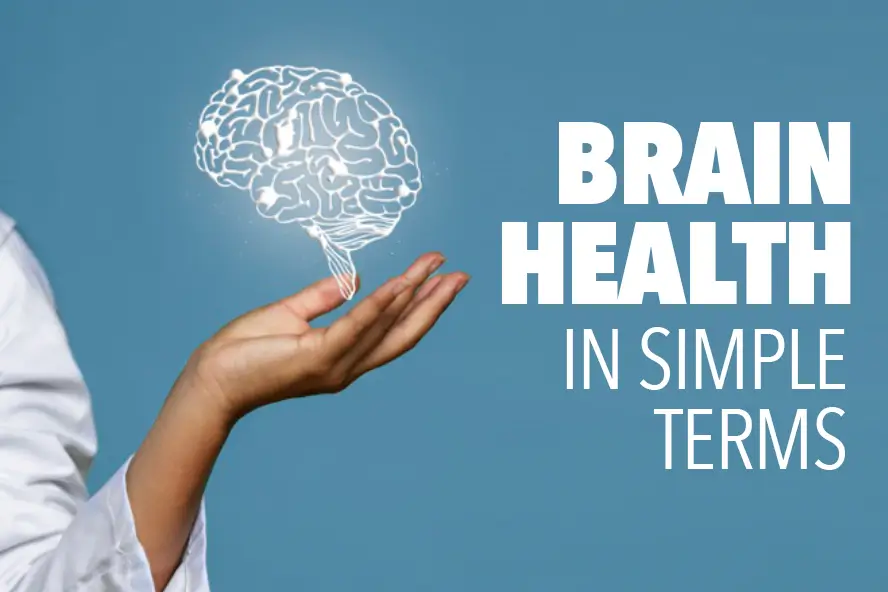
When it comes to brain health and longevity, we need to think about plasticity, which is the brain’s capacity to adapt and keep performing its functions effectively.
The most significant causes that affect brain health are:
All these are deeply impacted by the environment, lifestyle, dietary choices, and even our genetic design. As you can imagine if you have any issues affecting your brain or nervous system. There is no way that one given a pill or conventional remedy will cover the permutation of the factors at play. The best action plan to preserve or restore the brain’s health (Neuroplasticity) is to find the issues specific to the case and fix that! And we do this by understanding and balancing your brain’s biochemistry so all the “wiring” fires to its full potential.
You can think of the neurons as the wires in your brain that transmit information down the line. This “line” is composed of intricate networks of neurons working hard doing their job. For a neuron to perform at full potential, they need energy (ATP), which it produces “inhouse” in the mitochondria. It is worth noting that many problems we experience with some parts of the body not working well have a root in mitochondria dysfunction, which is basically an energy production issue.
When your neurons are not working at full potential, you experience a myriad of symptoms that go from brain fog to poor focus or concentration. Things can get complicated down the road, and cognitive decline issues may develop that may express in chronic depression or poor memory and diminished learning capacity.
From the nutrition standpoint, three significant factors drive the loss of brain function: Anemias, Dysglycemia (unbalanced glucose), and inflammation/Oxidative stress. When any of these three is out of balance, neurons start having issues with ATP and, therefore, loss of functionality.
In my practice, I see many clients complain of brain function related to cognition, depression, and brain fog. However, quite a few don’t know that this is the problem. Elucidating the issue takes a little detective work by thoroughly assessing the particular case. Due to a disbalance of some kind discussed above, the question evolves to a matter of neuro-inflammation. This brain inflammation can have a local origin: an injury, an infection, etc., or can come from outside the brain. Here is where lifestyle, nutrient status, and genetics play a role, and I can make a difference with my clients.
Inflammation activates the immune system; the body has tools to defend itself from outside invaders. You can think of these as an army of vigilant soldiers (called the innate immune) that can transform depending on the invader to confront (called the adaptive immune). These two produce cells capable of sending specific signals (Cytokines) that are powerful, so it is essential to keep these systems balanced because some of these signals are pro-inflammatory, and others are anti-inflammatory. We need them both. The immune system works as a barrier in all body systems. In the brain, this is known as the Blood-Brain Barrier (BBB).
The BBB is in charge of not letting any substance enter the brain if it does not belong there. However, some events can weaken the BBB. Toxins, Injury, Infections, Chronic stress that could be physical or due to problems somewhere else in the body or the brain that produces biochemical oxidation (we call these radicals). When the BBB is weak, the immune response can go to overdrive. In the brain, it is difficult to calm this overactivation.
Microglial cells are the brain’s immune soldiers, and there are a few of these with specific functions. When these cells are overactive and multiply, problems in the nervous system start to happen, including neuron death, stroke, and increased BBB permeability. Also, this over-activation/problem becomes a vicious neurotoxicity circle leading to long-term damage.
So how do we restore or keep our brain’s health? We keep the whole body’s inflammation in check with a lifestyle that is conducive to sustainable wellness. We eat foods rich in nutrients and phytonutrients that give our cells information to do their work, lots of leafy greens, and colorful foods that provide the body with these nutrients, clean meats, and plenty of healthy fats. To give that extra hand or recover balance in our BBB, we must take plenty of antioxidants like resveratrol, turmeric, green tea, and many more!



